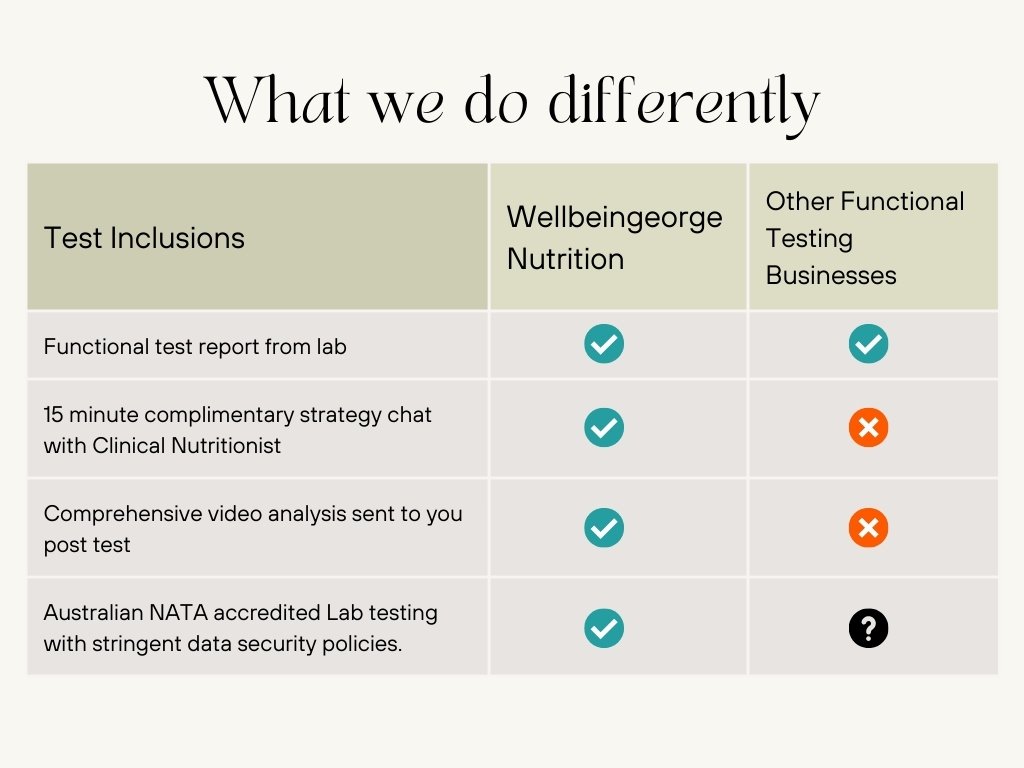Improving your Gut Health Naturally
Gut Health
What is Gut Health
Gut health refers to the optimal function and balance of the gastrointestinal (GI) tract, which plays a crucial role in overall health. A healthy gut is essential for digestion, absorption of nutrients, immune function, and even mental health. It really is the center of everything!
Components of Gut Health
Microbiome: The gut microbiome consists of trillions of bacteria, viruses, fungi, and other microorganisms that inhabit the digestive tract. A diverse and balanced microbiome is crucial for gut health.
Digestive Enzymes: These enzymes help break down food into nutrients that the body can absorb. They are produced by the pancreas, stomach and small intestine.
Gut Lining: The lining of the gut acts as a barrier, preventing harmful substances from entering the bloodstream while allowing nutrients to pass through.
Motility: This refers to the movement of food through the digestive tract, which is essential for proper digestion and elimination.
Factors Affecting Gut Health
Diet: A diet high in fiber, fruits, vegetables, and fermented foods supports a healthy gut microbiome. Processed foods, high sugar intake, and excessive alcohol can negatively impact gut health.
Stress: Chronic stress can affect gut motility and the balance of the microbiome, leading to issues like irritable bowel syndrome (IBS).
Medications: Antibiotics, in particular, can disrupt the balance of the gut microbiome. Other medications, such as NSAIDs and proton pump inhibitors, can also affect gut health and with regular use, increase risk of developing pathogenic bacteria such as Helicobacter Pylori.
Lifestyle: Regular exercise, adequate sleep, and staying hydrated contribute to a healthy gut.
Common Gut Health Issues
Dysbiosis: An imbalance in the gut microbiome, which can lead to digestive issues, inflammation, and other health problems.
Leaky Gut Syndrome: Increased intestinal permeability, where the gut lining becomes more permeable and allows harmful substances to enter the bloodstream and increase risk of multiple food intolerances and multiple nutrient deficiencies on blood testing.
Inflammatory Bowel Disease (IBD): Chronic inflammation of the digestive tract, including conditions like Crohn's disease and ulcerative colitis.
Irritable Bowel Syndrome (IBS): A functional GI disorder characterized by symptoms like abdominal pain, bloating, and changes in bowel habits.
Coeliac Disease: An autoimmune reaction to gluten being consumed. Your immune system may begin to attack your intestines and flatten the absorptive properties, leading to problems with nutrient deficiencies and an elevated risk of stomach or intestinal cancer if gluten is not discontinued.
Improving Gut Health
Probiotics and Prebiotics: Probiotics are beneficial bacteria found in supplements and fermented foods. Prebiotics are fibers that feed these beneficial bacteria.
Balanced Diet: Eating a variety of nutrient-dense foods, including plenty of fiber, fruits, vegetables, and fermented foods.
Stress Management: Techniques like meditation, yoga, and mindfulness can help reduce stress and its impact on gut health.
Regular Exercise: Physical activity promotes healthy digestion and a balanced microbiome.
Hydration: Drinking enough water supports digestion and the health of the gut lining.
Avoiding Harmful Substances: Limiting the use of antibiotics, unless absolutely necessary, and avoiding excessive alcohol and processed foods.
Key Takeaway
Maintaining gut health is crucial for overall well-being. By focusing on a balanced diet, regular exercise, stress management, and proper hydration, you can support a healthy gut. If you experience persistent digestive issues, consulting a healthcare professional for personalized advice and potential testing is recommended.
How can a Nutritionist help with Gut Health
A Nutritionist can significantly improve and maintain gut health through personalised dietary advice and functional testing. They assess your current diet and lifestyle to create tailored meal plans with gut-friendly foods, recommend specific probiotic and prebiotic foods or supplements, and guide you through identifying food intolerances and the root cause of your digestive issues. For digestive disorders like IBS and IBD, they offer dietary strategies to manage symptoms and reduce inflammation. They also educate you about the importance of gut health, support sustainable lifestyle changes, and provide stress management techniques.
Additionally, Nutritionists use functional testing to assess gut microbiome composition, identify food sensitivities or other root causes of gut health issues and correct nutrient deficiencies. They offer practical tips such as proper hydration, mindful eating, and recommending physical activities that promote healthy digestion. Regular follow-ups allow them to monitor progress and adjust plans as needed, providing ongoing support and motivation. By working with a nutritionist, you receive a comprehensive and personalised approach to improving gut health and overall wellness.
What to expect during a Gut Health Nutritionist Consultation
During a Nutritionist consultation regarding gut health, expect a comprehensive assessment of your health history, symptoms, and dietary habits. The Nutritionist will analyse your diet, recommend a personalised meal plan with gut-friendly foods, and may suggest practitioner-only high strength supplements. Functional testing like stool analysis might be recommended to gain deeper insights. They will provide strategies for stress management, hydration, and exercise, and offer ongoing support through follow-up plans. You'll set achievable goals together and receive educational resources to help improve your gut health, ensuring a clear sustainable path to optimal wellness.





